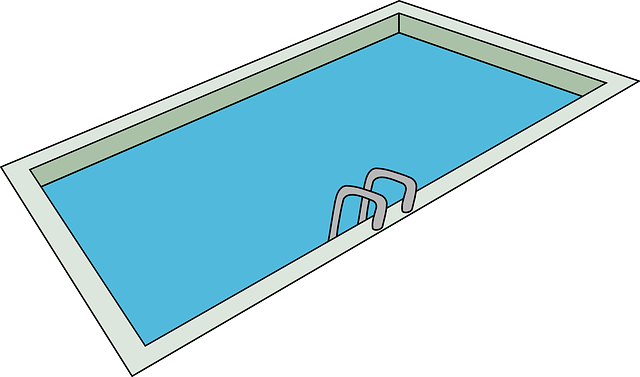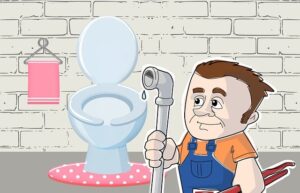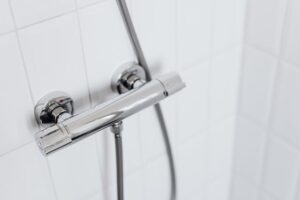
Owning a pool is one of life’s simple pleasures, but maintaining a comfortable water temperature year-round can be a challenge, especially in cooler months. Fortunately, there are several pool heating options available, each with its own advantages and considerations. Choosing the right option depends on your budget, climate, and personal preferences. Here, we’ll explore some popular pool heating methods to help you make an informed decision.
1. Solar Pool Heaters
Solar pool heaters are an environmentally friendly and cost-effective option for heating your pool. These systems use solar panels to harness the sun’s energy, transferring heat to the pool water as it circulates through the system. While the initial installation cost can be higher than other options, solar heaters have minimal operational costs and a long lifespan.
Pros:
- Eco-friendly and renewable energy source
- Low operational costs
- Long-lasting systems (typically 15-20 years)
Cons:
- Dependent on sunny weather
- Higher upfront costs
- May require additional space for solar panels
Solar heaters are ideal for regions with abundant sunshine and homeowners who want to reduce their carbon footprint.
2. Gas Pool Heaters
Gas heaters are a popular choice for quickly heating pool water. These systems use natural gas or propane to generate heat, making them suitable for on-demand heating or for pools that are not used regularly. Gas heaters can maintain a consistent water temperature regardless of weather conditions.
Pros:
- Quick heating
- Effective in all climates
- Ideal for occasional use
Cons:
- Higher operational costs due to fuel consumption
- Shorter lifespan compared to other options (5-10 years)
- Less eco-friendly
Gas heaters are best for homeowners who prioritize fast heating and don’t mind the recurring costs of fuel.
3. Electric Heat Pumps
Electric heat pumps are an energy-efficient option that works by extracting heat from the surrounding air and transferring it to the pool water. These systems are slower to heat the water compared to gas heaters but are more cost-effective in the long run, especially in moderate climates.
Pros:
- Energy-efficient
- Lower operational costs compared to gas heaters
- Long lifespan (10-15 years)
Cons:
- Slower heating time
- Less effective in colder climates
- Higher upfront costs
Heat pumps are ideal for consistent pool usage in areas with mild to warm climates.
4. Electric Resistance Heaters
Electric resistance heaters use electricity to generate heat, which is then transferred to the pool water. These heaters are less common for residential pools due to their high energy consumption but can be a viable option for small pools or spas.
Pros:
- Simple to install and use
- Effective for smaller pools and spas
Cons:
- High operational costs
- Limited efficiency for larger pools
Electric resistance heaters are best suited for small-scale applications or for those who use their pool or spa sparingly.
5. Pool Covers and Solar Blankets
While not a heating system per se, pool covers and solar blankets can significantly reduce heat loss and maintain water temperature. These are cost-effective tools that complement other heating systems, making them more efficient.
Pros:
- Affordable
- Reduces heat loss and evaporation
- Enhances efficiency of other heating systems
Cons:
- Requires manual handling (unless using an automatic cover)
- Does not actively heat the water
Combining a pool cover with any heating system is a smart way to save energy and maintain a comfortable swimming temperature.
Conclusion
When choosing a pool heating option, consider factors like your local climate, pool usage patterns, and budget. Solar heaters are great for eco-conscious homeowners in sunny regions, while gas heaters are ideal for quick, on-demand heating. Electric heat pumps offer a balance between efficiency and cost, making them a popular choice for regular pool users. Regardless of the heating method you choose, adding a pool cover can help you maximize efficiency and minimize costs.
Investing in the right pool heating option will ensure that you can enjoy your pool comfortably, no matter the season. Ready to make a splash? Explore your options and choose the system that works best for you!



